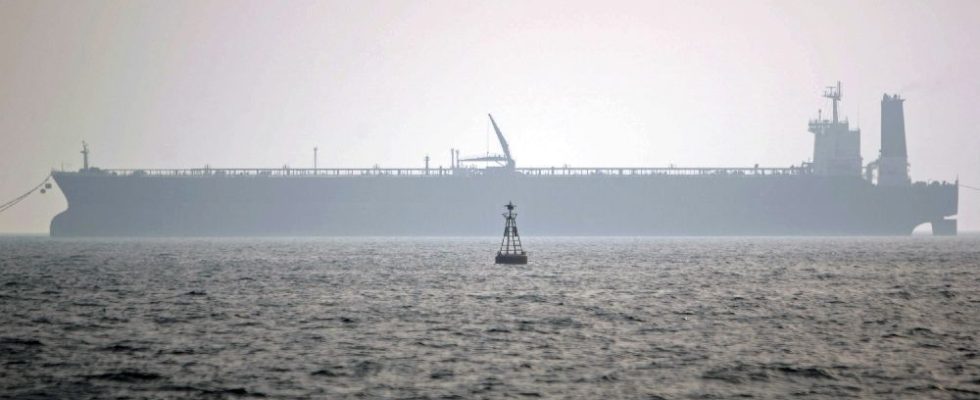The global economy is now placed under the yoke of geopolitics. Of course, thanks to the advent of nation states, geopolitics and economics intersect and influence each other. But since the early 1980s, economic rationality has prevailed over geopolitical passions. For example, poor relations between China and Japan have not prevented these two countries from growing their trade and financial exchanges, with China even becoming a welcoming land for Japanese industrial investments. Now, the economy has become the variable for adjusting geopolitical tensions and crises. Russia’s invasion of Ukraine and the subsequent policy of sanctions led by the West have driven up the prices of hydrocarbons and agricultural raw materials. The Chinese threat to Taiwan has led Americans and Europeans to subsidize their industries to produce their own semiconductors. The rise of anti-French sentiment in Africa is pushing French companies to reduce their investments in certain countries in the Sahel and West Africa. It is no longer the economy which makes geopolitics but geopolitics which makes the economy, and which thereby makes it absolutely unpredictable.
The war between Israel and Hamas has the markets fearing a structural rise in oil prices, linked to a possible extension of the conflict to Iran. The oil crisis of 1973 is on everyone’s minds, when the Yom Kippur War prompted Arab countries to severely restrict their production to sanction Israel and its allies. But the current situation is no longer the same. The United States has become the main oil producer in the world and developed economies use half as much energy per unit of production as then. The main thing is elsewhere: the terrorist actions of Hamas against Israeli democracy, welcomed by Iran and Algeria, demonstrate the fact that globalization is shrinking. Who can seriously think that economic relations between France and Algeria will intensify in the coming years?
In 2015, the United States, chaired by Barack Obama, signed the Vienna Accords with Iran which lifted the economic embargo on the country. I remember that at the time, many French companies were enthusiastic about establishing business relationships with a nation of almost 90 million people. The same idea, less than ten years later, seems absolutely lunatic. Talk about Iran as a country business friendly today is tragicomic.
The economic consequences of the drama in the Middle East are also obviously regional. The key lies in Saudi Arabia’s behavior. Due to the sympathy that some of his people may feel for Hamas, Prince Mohammed bin Salman has decided to suspend the process of signing the Abraham Accords, already endorsed by the United Arab Emirates, Bahrain, Morocco and the Sudan, agreements which provide for cooperation with Israel in the areas of security and economy. If Saudi Arabia had the courage, despite the circumstances, to resume these negotiations with the Jewish state, it would be a real schism that would divide the Near and Middle Eastern economy. On the one hand, the Emirates and Saudi Arabia, in full growth, projecting themselves into the post-oil era, investing generously in innovation, and benefiting from Israeli investments; on the other, Iran and Syria, partners of countries in difficulty like Russia, in full economic and social disarray. One Middle East rich, the other poor.
As for the Israeli economy, it is perfectly capable of supporting a long and costly war. Since the stabilization and liberalization reforms of 1985, GDP per capita has almost reached that of France. The country benefited from colossal American financial aid but also from the arrival of a million particularly well-trained Russians. Israel devotes more than 5% of its GDP to research and development compared to 2.7% on average in OECD countries. Public debt is low – 60% of GDP -, inflation under control, exports dynamic. The current context is hitting sectors like tourism, but without calling into question the economic resilience of this democracy.
